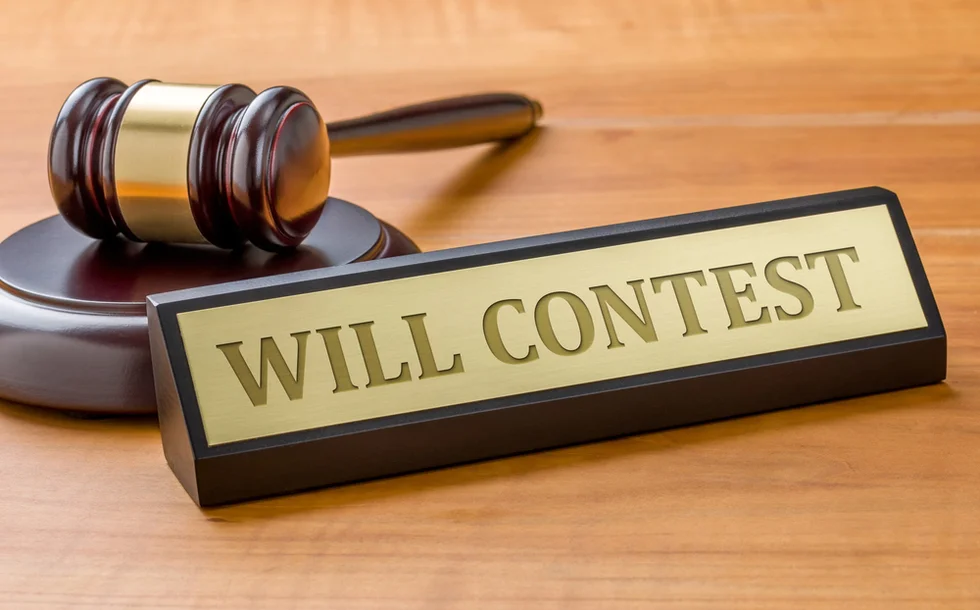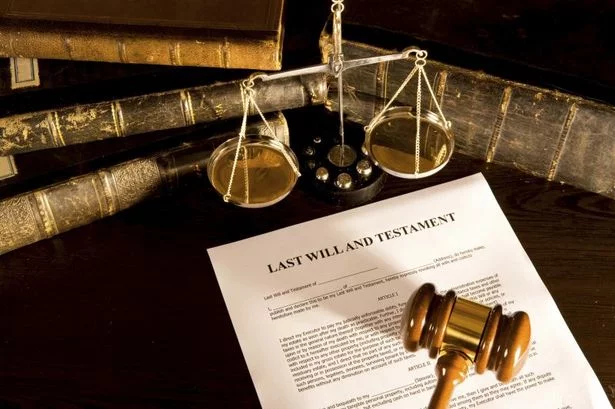Understanding Probate Litigation
Probate litigation involves legal disputes over the validity of a will, the distribution of assets, and the administration of an estate. It is essential for individuals to understand the key factors that can lead to contested probate cases, including claims of undue influence, lack of capacity, or improper execution of the will.
In Texas, probate litigation can arise when heirs or beneficiaries disagree on the terms of a will or when there are allegations against the executor's management of the estate. Familiarizing oneself with the probate process can help individuals navigate these disputes more effectively and protect their rights during litigation.
Common Grounds for Contesting a Will
There are several common grounds on which individuals can contest a will, including lack of testamentary capacity, undue influence, and fraud. Understanding these grounds is crucial for anyone considering a will contest, as each requires specific evidence and legal arguments to support the claim.
For example, if a testator was suffering from a mental illness at the time of creating the will, this might be grounds for contesting its validity. Similarly, if someone can demonstrate that they were coerced into signing a will, they may have a strong case for contesting it in probate court.
The Role of Executors in Probate Litigation
Executors play a pivotal role in the probate process, responsible for managing the deceased's estate according to the terms of the will. Their duties include paying debts, distributing assets, and addressing any disputes that may arise, which can sometimes lead to litigation.
In cases where beneficiaries believe the executor is not fulfilling their duties properly or is acting in bad faith, they may initiate probate litigation. Understanding the executor's responsibilities and potential legal liabilities is crucial for both executors and beneficiaries involved in probate disputes.
Steps to Take When Contesting a Will
Contesting a will can be a complex process requiring careful consideration and strategic planning. The first step is to gather evidence supporting the claim, which may include medical records, witness statements, or documentation of the testator's state of mind at the time of the will's creation.
Once sufficient evidence is collected, the next step is to file a petition with the probate court outlining the grounds for the contest. It is advisable to consult with an experienced probate attorney to navigate the legal intricacies involved and increase the chances of a successful outcome.
Understanding Probate Litigation
Probate litigation involves legal disputes over the validity of a will, the distribution of assets, and the administration of an estate. It is essential for individuals to understand the key factors that can lead to contested probate cases, including claims of undue influence, lack of capacity, or improper execution of the will.
In Texas, probate litigation can arise when heirs or beneficiaries disagree on the terms of a will or when there are allegations against the executor's management of the estate. Familiarizing oneself with the probate process can help individuals navigate these disputes more effectively and protect their rights during litigation.
Common Grounds for Contesting a Will
There are several common grounds on which individuals can contest a will, including lack of testamentary capacity, undue influence, and fraud. Understanding these grounds is crucial for anyone considering a will contest, as each requires specific evidence and legal arguments to support the claim.
For example, if a testator was suffering from a mental illness at the time of creating the will, this might be grounds for contesting its validity. Similarly, if someone can demonstrate that they were coerced into signing a will, they may have a strong case for contesting it in probate court.
The Role of Executors in Probate Litigation
Executors play a pivotal role in the probate process, responsible for managing the deceased's estate according to the terms of the will. Their duties include paying debts, distributing assets, and addressing any disputes that may arise, which can sometimes lead to litigation.
In cases where beneficiaries believe the executor is not fulfilling their duties properly or is acting in bad faith, they may initiate probate litigation. Understanding the executor's responsibilities and potential legal liabilities is crucial for both executors and beneficiaries involved in probate disputes.
Steps to Take When Contesting a Will
Contesting a will can be a complex process requiring careful consideration and strategic planning. The first step is to gather evidence supporting the claim, which may include medical records, witness statements, or documentation of the testator's state of mind at the time of the will's creation.
Once sufficient evidence is collected, the next step is to file a petition with the probate court outlining the grounds for the contest. It is advisable to consult with an experienced probate attorney to navigate the legal intricacies involved and increase the chances of a successful outcome.




